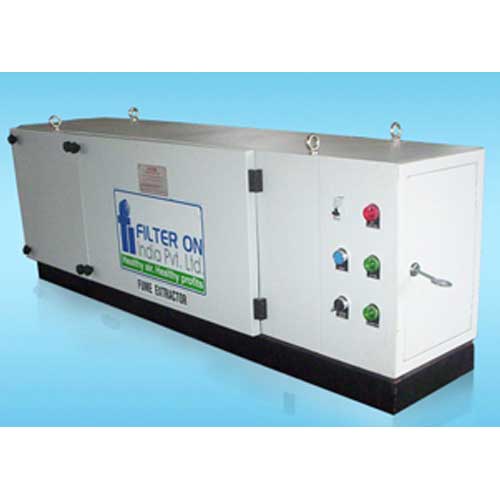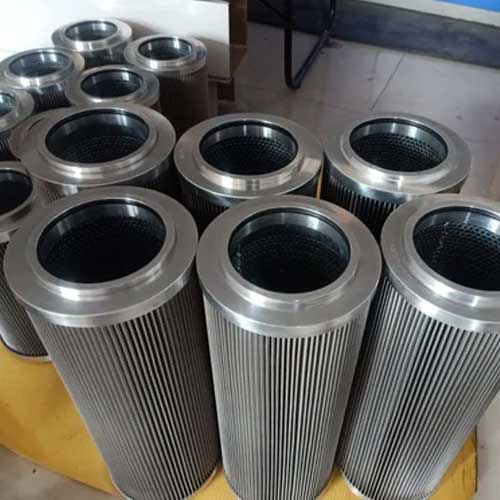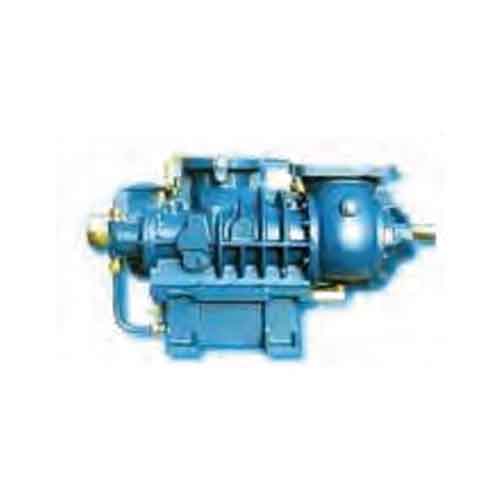Schedule a Call Back
As EV, RE systems advances, lubricants demand is going to increase meticulously
 Interviews
Interviews- Jan 29,24

Related Stories

Sustainability commitments are reshaping investments: Joachim Braun of ABB
ABB, Joachim Braun, process automation, industrial automation, Rakesh Rao, Process Industries, Mining, Steel Industry, Cement Industry, Pulp and Paper, Indian manufacturing industry, North America, ..
Read more
India must focus on creating original technologies: Dr Nagahanumaiah
In this conversation with Rakesh Rao, Dr Nagahanumaiah, Director of Central Manufacturing Technology Institute (CMTI), shares insights into CMTI’s contributions to emerging technology areas, and h..
Read more
Ace Designers is targeting $1 billion by 2029: T K Ramesh
In this exclusive interview with Rakesh Rao, T K Ramesh, MD, Ace Designers Ltd, speaks about opportunities in India’s manufacturing sector, challenges facing the machine tool industry, and the com..
Read moreRelated Products

Oil Mist Collector System / Oil Fumes Extraction Systems
Amaricar Engineering & Systems Pvt Ltd offers a wide range of oil mist collector system / oil fumes extraction systems.

Stainless Steel Hydraulic Oil Filters
M T B Filter Industries offers a wide range of stainless steel hydraulic oil filters.

Mak Compressor Oils
Interstate Supply Company offers a wide range of MAK compressor oils.















